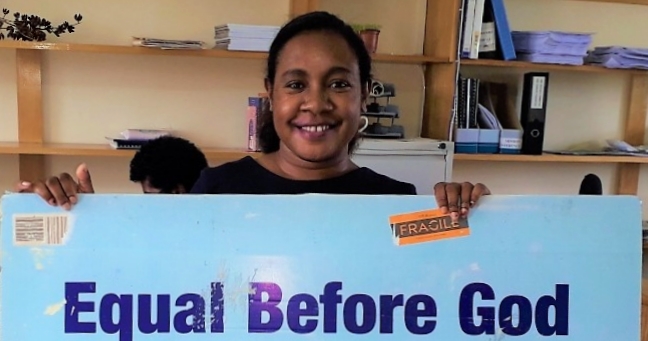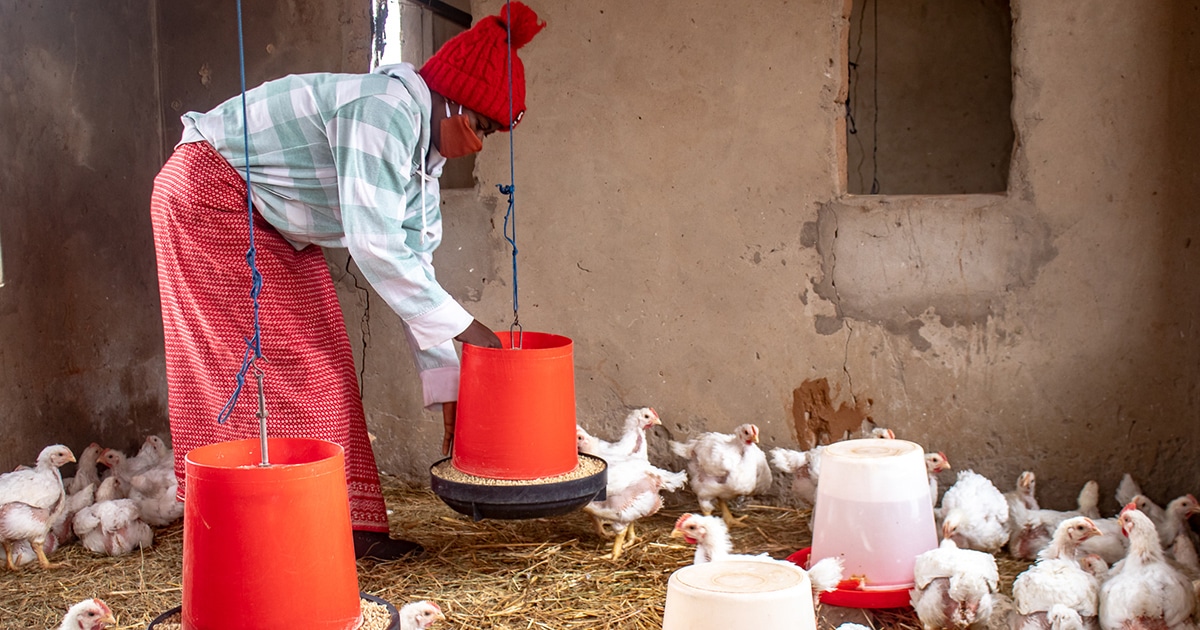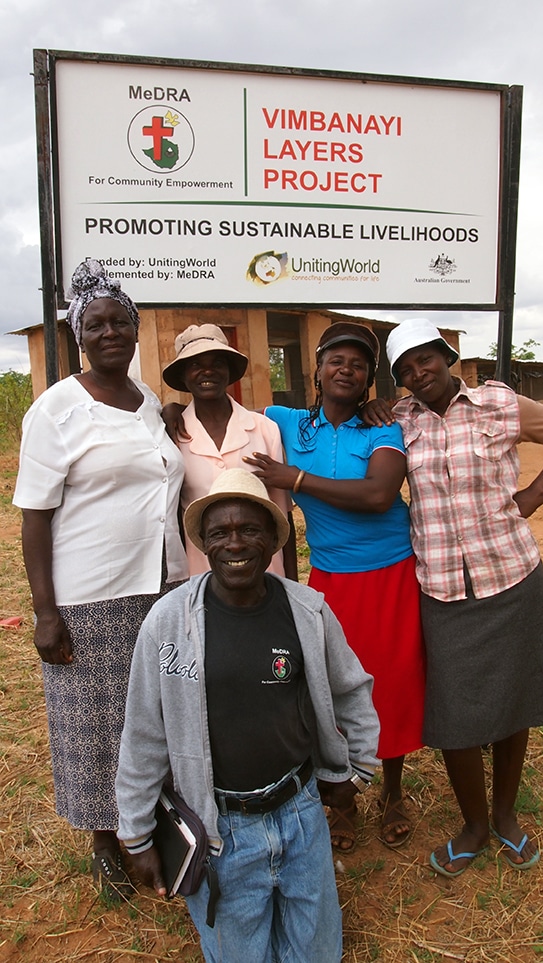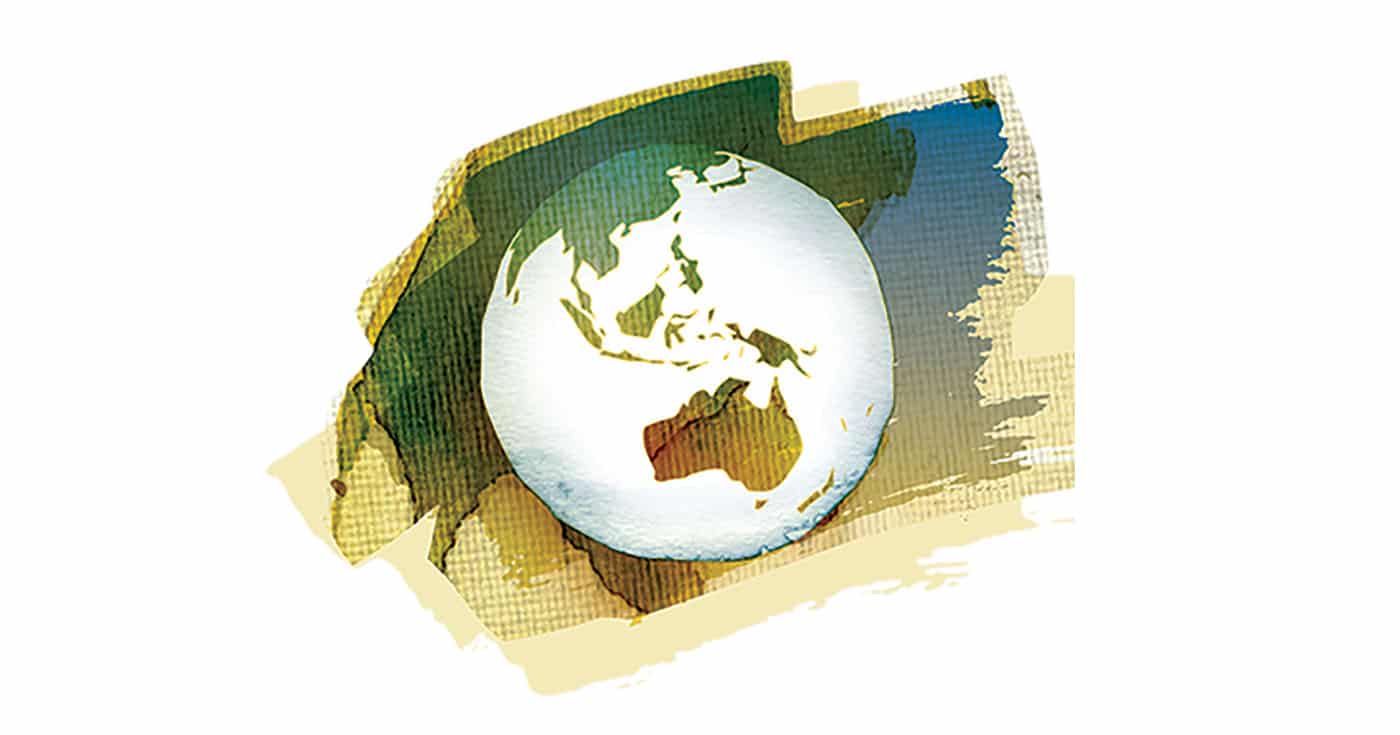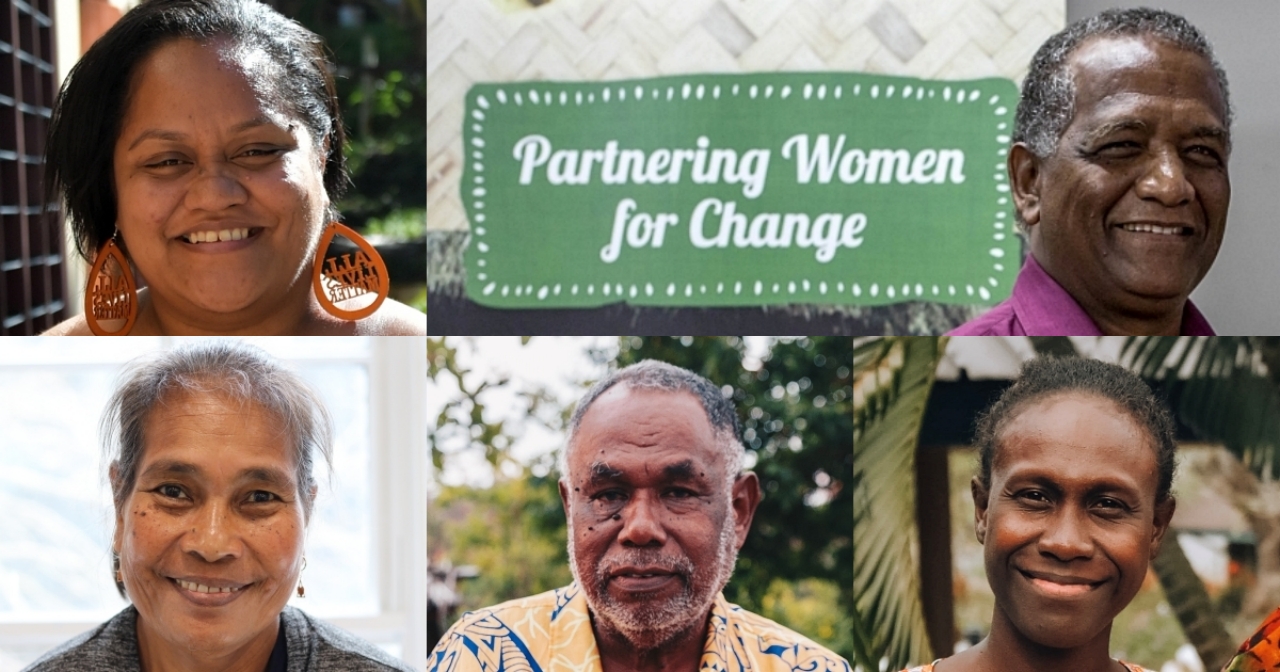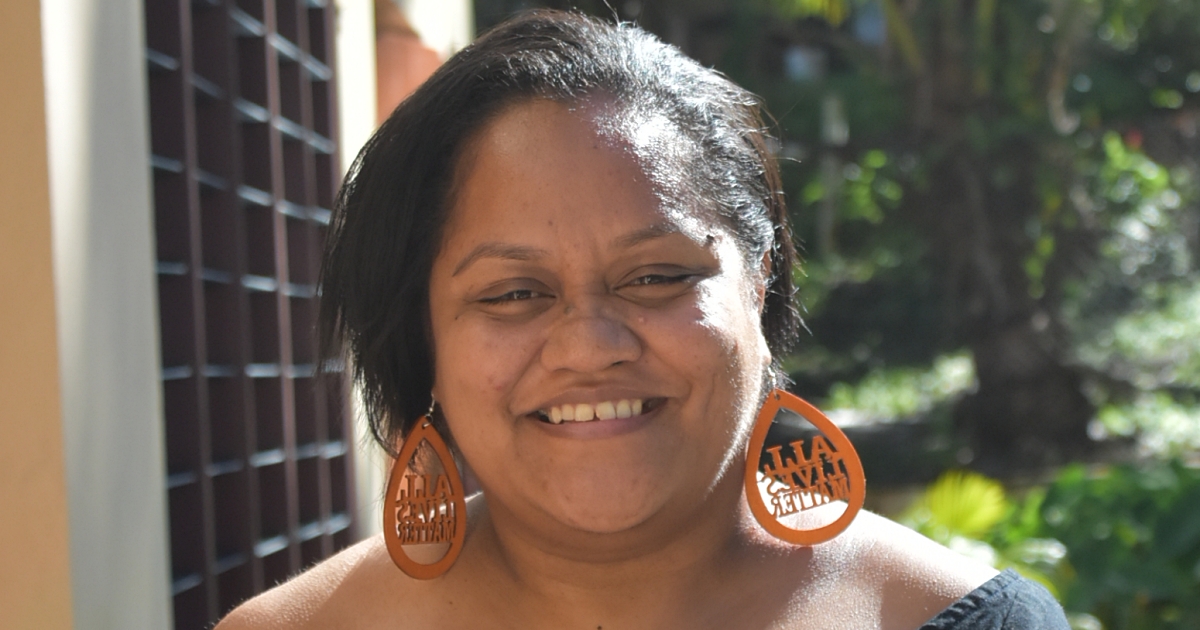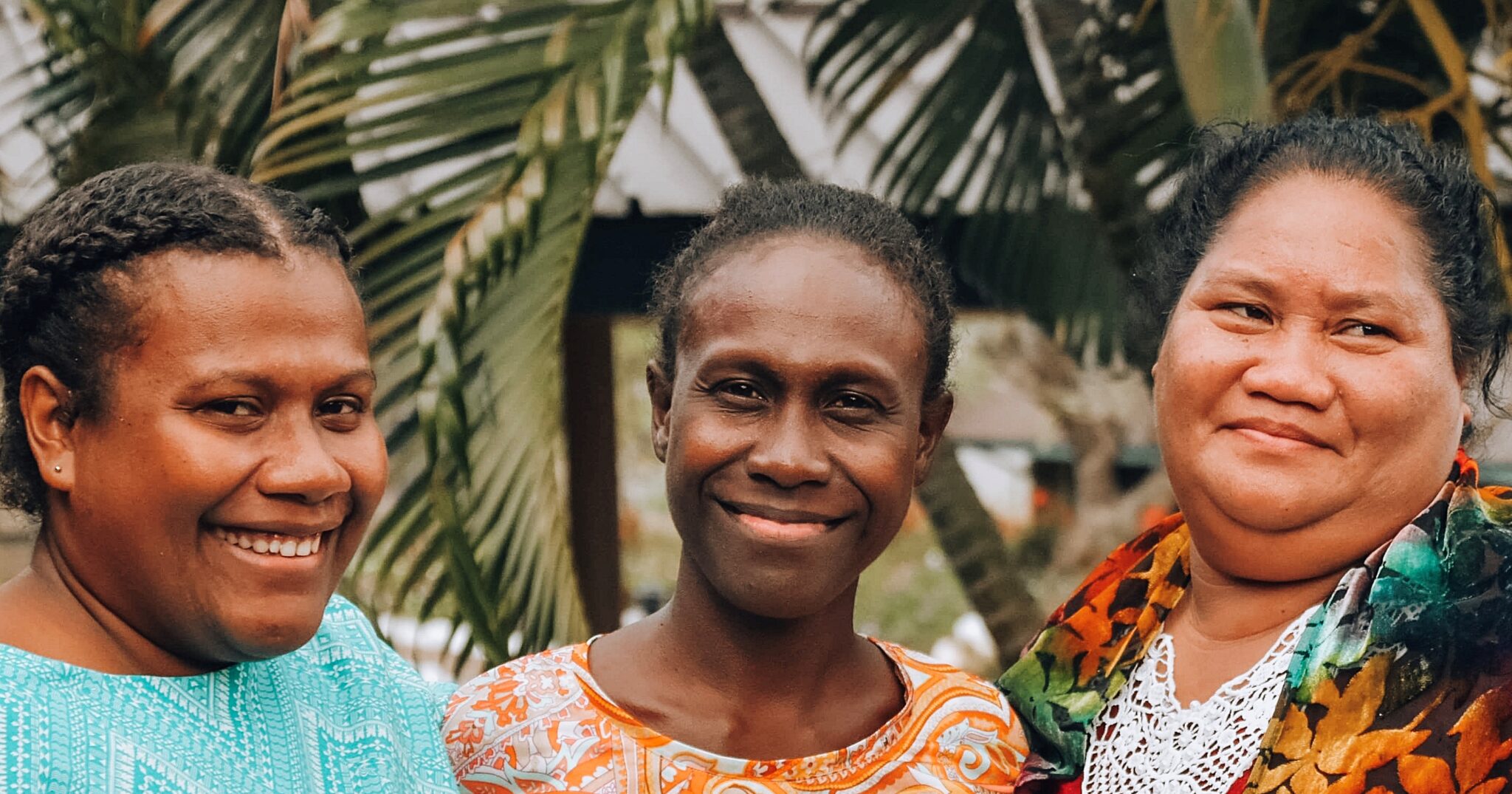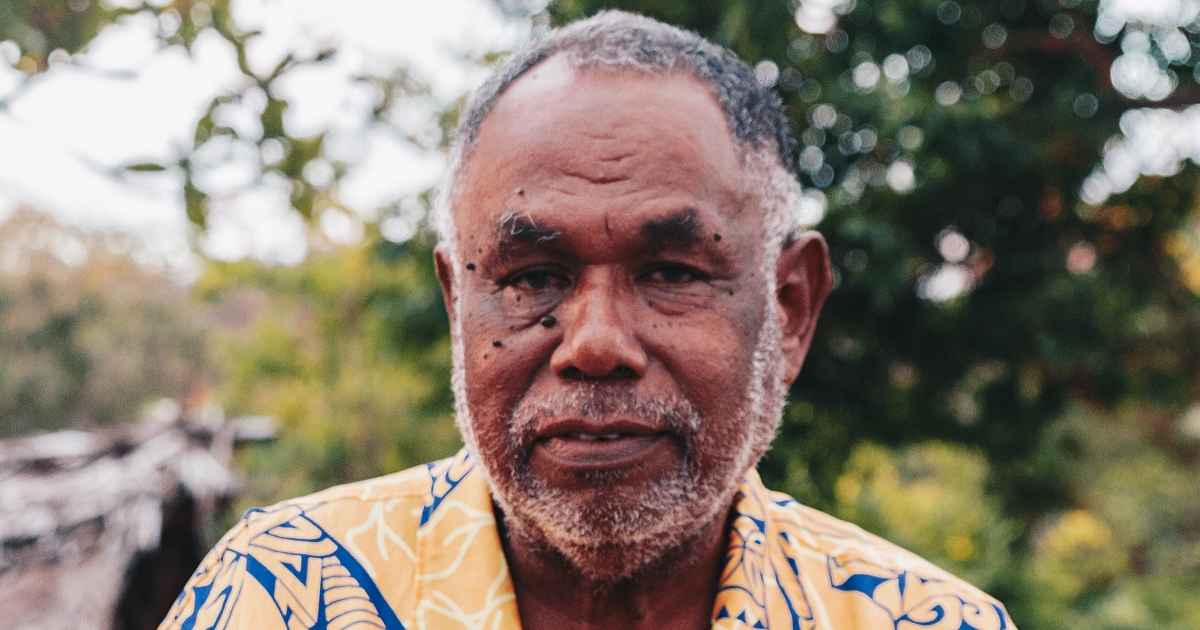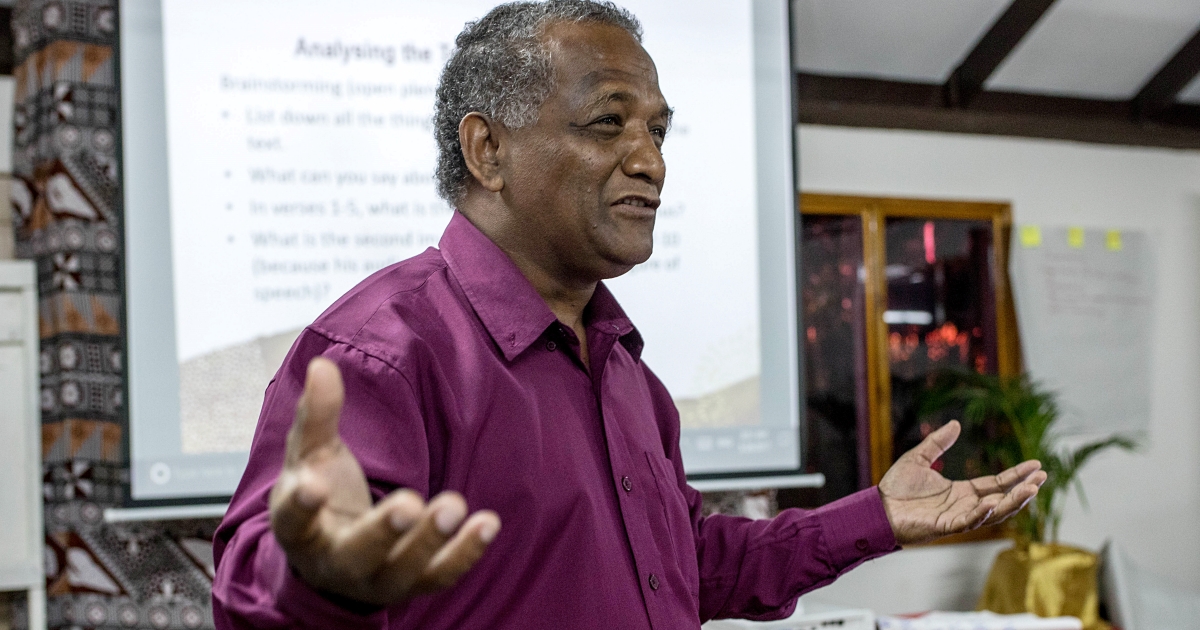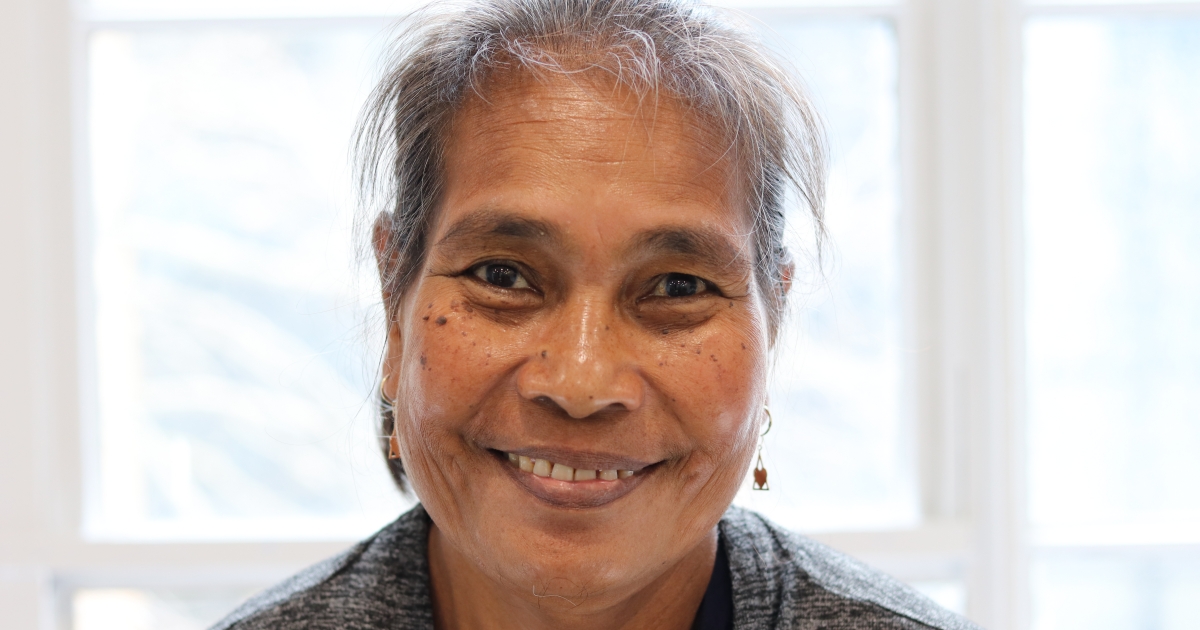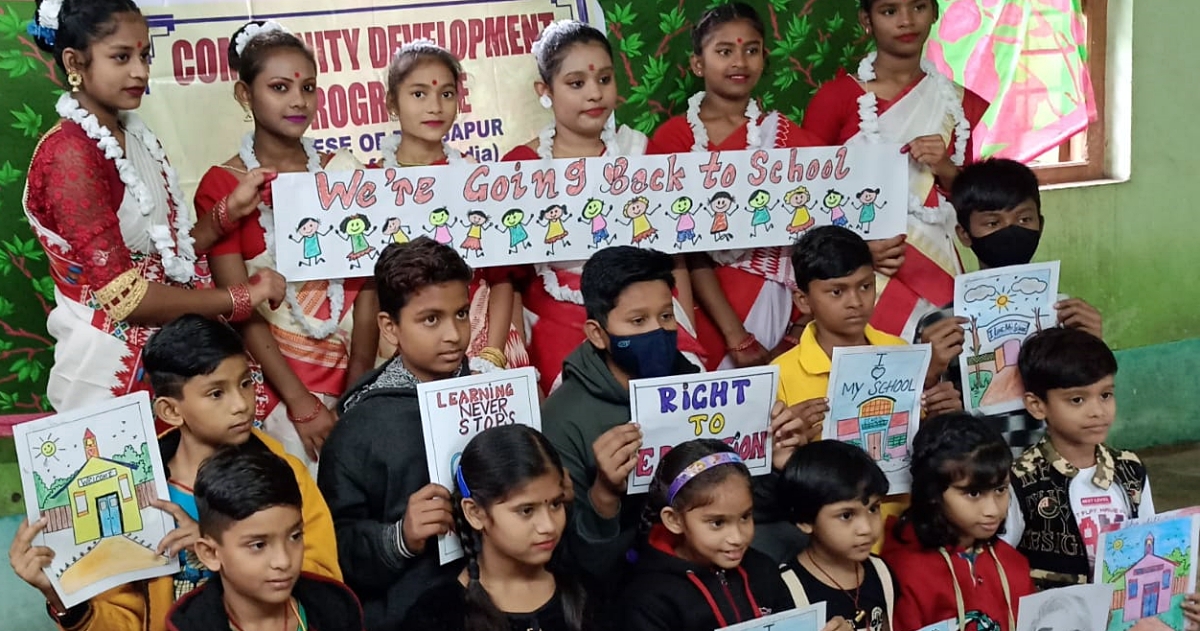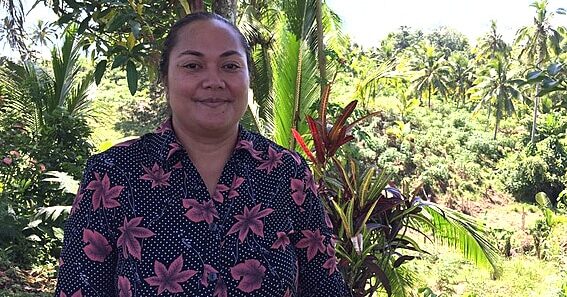It has been a busy year for our three Women in Ministry scholarship program students: Rev Geraldine, Daphney and Rev Susana. All three are studying post-graduate degrees at Pacific Theological College (PTC) in Suva, Fiji.
Rev Geraldine is continuing her PhD and is expecting to graduate at the end of 2023. Daphney and Rev Susana are on track to graduate with a Master of Theology at the end of 2022. It rounds off this part of their journey, which had the extra challenge of the COVID-19 pandemic in the middle of it. Please keep them in your prayers as they celebrate their accomplishments and trust in God’s call on their lives. We look forward to seeing how their gifts enrich churches across the Pacific in the future.
Student spotlight: Daphney
Daphney (pictured above) handed in her thesis in September and awaits her final results. Her thesis topic is “Wantok Justice: a community approach to ministry towards women’s rights issues for the Evangelical Lutheran Church of PNG”.
After completing her Masters, Daphney’s goal is to work with the people (including women and children) either on the ground or teaching contextual ministry for justice to help Pacific communities adapt and become resilient in a changing world through the teachings of Jesus.
Outside of her studies, Daphney is a member of the Reweaving the Ecological Mat group, engaging in the Pacific Ecumenical Youth spaces, regional workshops, community work, advocacy campaigns, and webinars. She is also a passionate campaigner against deep sea mining in the Pacific.
What have you been working on during your final semester?
This year my studies focused on thesis writing, so I did not take any classes but attended seminars and public lectures on missiology and academic research (critical thinking, critical reading, academic writing, critical analysis, etc.). I have learned something new on missiology and the inter-cultural translation of ancient texts and academic research and skills.
Was there anything that you learned that has challenged you?
Every day at PTC is a new learning experience; the seminar conversations around indigenous theology of whole of life and leadership for justice challenges my worldview of justice, rights, and my responsibility towards others within the household of God.
What I’ve been learning has helped me in writing my thesis towards a community approach to navigate injustices against women and protect the human dignity of women in our communities.
As a woman studying theology, who inspires you?
My grandparents are my biggest inspiration, the blessings of their humble evangelism work throughout the Morobe, Gulf, and Highland regions of Papua New Guinea is seen in our families every day. Listening to the stories of their evangelism work as a child I became curious as I grew up, wanting to know more about the work they do and the interesting stories of them walking thousands of miles to help German and American missionaries teach God’s word to the people of PNG. The stories of my grandfather observing tribes, clans and villages, and learning their language in order to adapt to the rhythm of life of these communities was fascinating. My grandfather did not go to a formal education system but he used instinct and his little knowledge at the Bible school to contextualise learning for the PNG communities.
He thought about God in the context of the people. His ability to contextualise theology and apply it in his ministry practices has inspired me to study theology and write a thesis on contextual church ministry for justice for the Evangelical Lutheran Church of PNG. The strong will, courage, endurance and patience of my grandmothers, who have closely walked beside their husbands in this evangelism work, has inspired me to be strong-willed, courageous, endure, persevere, and patient in the process of research and writing.
Do you have a message for the Uniting Church?
My heart is filled with joy and thanksgiving to God for the Uniting Church in Australia’s generosity in not only supporting me financially with my studies but for supporting women theologians across Oceania. I pray for God’s blessing and grace upon the Uniting Church in Australia as it continues its ministry to support and help more women become theologians and leaders in their churches.
Prayer Requests from Daphney
- The PTC community as we are going through the transition into a university come 2024.
- Pray for one of our PTC community members, Rev Taniela Ratawa, and their family. The Reverend’s wife has been diagnosed with stage 3 cancer and has gone through her 4th chemo cycle.
- Pray for the ecumenical community especially church leaders in Oceania who attended the World Council of Churches Assembly.
- Daphney’s mother, Geac, sadly passed away in early October. Please pray for the family during this time.
Rev Susana
Rev Susana hopes to continue on to a PhD. Her dream is to be the first iTaukei woman to achieve a Doctorate degree in Theology. She said:
“I thank the Uniting Church for supporting and assisting me for the two years of my studies. Thanks for the heart of giving and I hope God will continue to bless the Uniting Church.”
Prayer requests from Rev Susana
- Pray for my new posting for next year
- Pray for my family
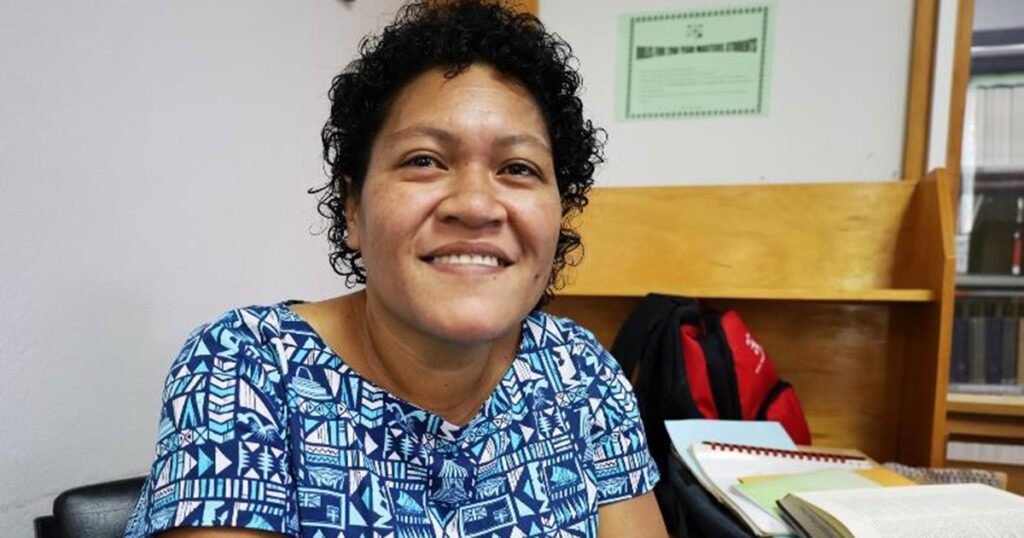
Rev Geraldine
In September, UnitingWorld hosted a Zoom conversation (or talanoa) with Rev Geraldine and supporters of Women in Ministry. We had 25 people join us from 10 different communities that directly support Women in Ministry. Project Manager Tanya interviewed Geraldine, which was followed by questions and a short time of prayer. It was a great evening and very inspiring to hear Geraldine’s story and passion for her work. If you would like to watch the interview section, the video is now available.
Prayer requests from Rev Geraldine
- Please pray for my studies and family.
- Please pray for my new supervisor, Rev Dr Afereti Uili, to help him understand my thesis and guide me throughout my writing.
 New Everything in Common Catalogue 2022
New Everything in Common Catalogue 2022

